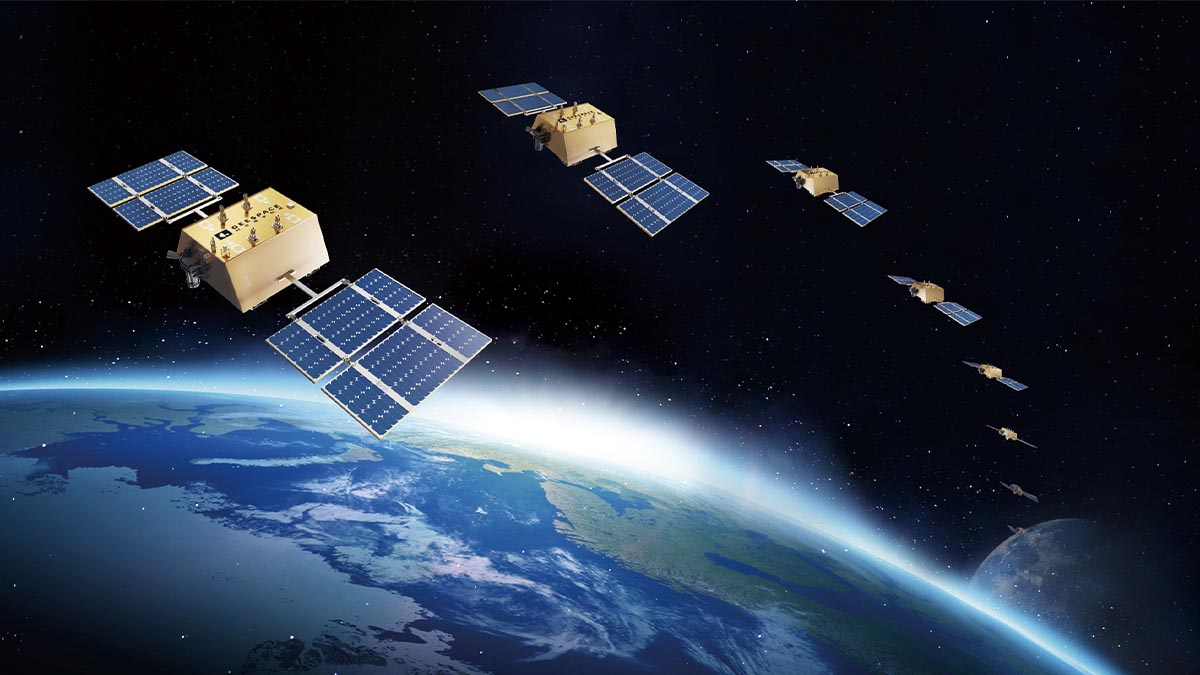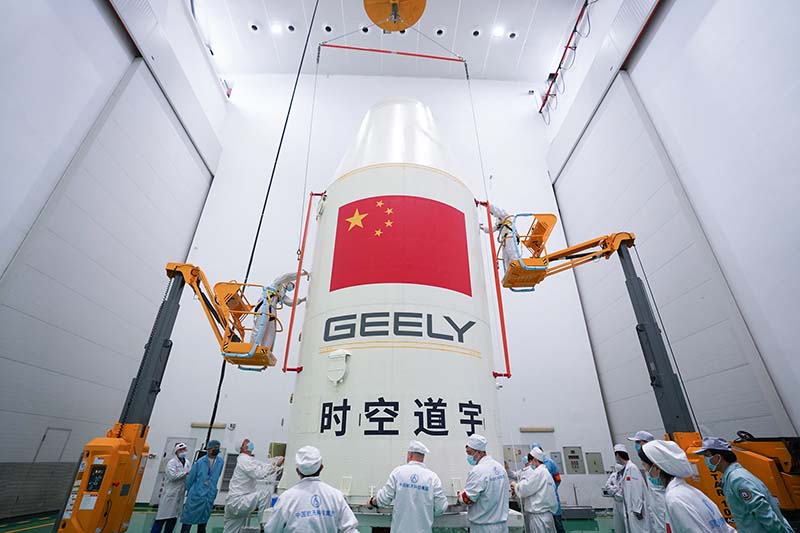
Nine GeeSAT-1 low-orbit satellites successfully launched from the Xichang Satellite Launch Center in southwest China on June 2 as part of the Geely Future Mobility Constellation. This constellation of satellites will serve an important role in the company’s autonomous vehicles.
Geespace, a wholly owned subsidiary of Geely Technology Group, developed, produced, and will operate the low-orbit commercial satellites.
Geespace’s terrestrial base station in Korla, China has reported that they have connected the first nine GeeSAT-1s; all are functioning correctly post launch.
The planned Geely Future Mobility Constellation will consist of 240 satellites, with the first phase of 72 satellites expected to be placed in orbit by 2025. The second phase will follow consisting of 168 satellites.

Geespace’s GeeSAT-1 are the first modular, high-resilience, high-performance, mass-produced low-orbit satellites in China. They will provide centimeter-accurate precise positioning and connectivity support for use by automotive brands in the Geely Holding portfolio. According to Geely, these will enable true, safe autonomous driving that will connect vehicles with vehicles and infrastructure with vehicles.
Once in orbit, the sustainably developed satellites have an operating lifespan of five years, after which the satellites would propel themselves into earth’s atmosphere, where they will disintegrate without leaving any space debris.
With the successful launch and operation of Geespace’s first satellites, the company has become one of the world’s first providers of combined commercial Precise Point Positioning and Real-Time Kinematic services (PPP-RTK).
Planned applications in the near future include working with logistic sector partners to create the first one-stop logistics monitoring service platform with real-time management and control of the transportation process, helping protect the environment with Geely Holding’s “Blue Guardian” CSR project by monitoring maritime water quality and identifying debris patches to be cleaned. They will also empower the upcoming Asian Games with high-precision positioning, remote sensing, and satellite communication services.



















